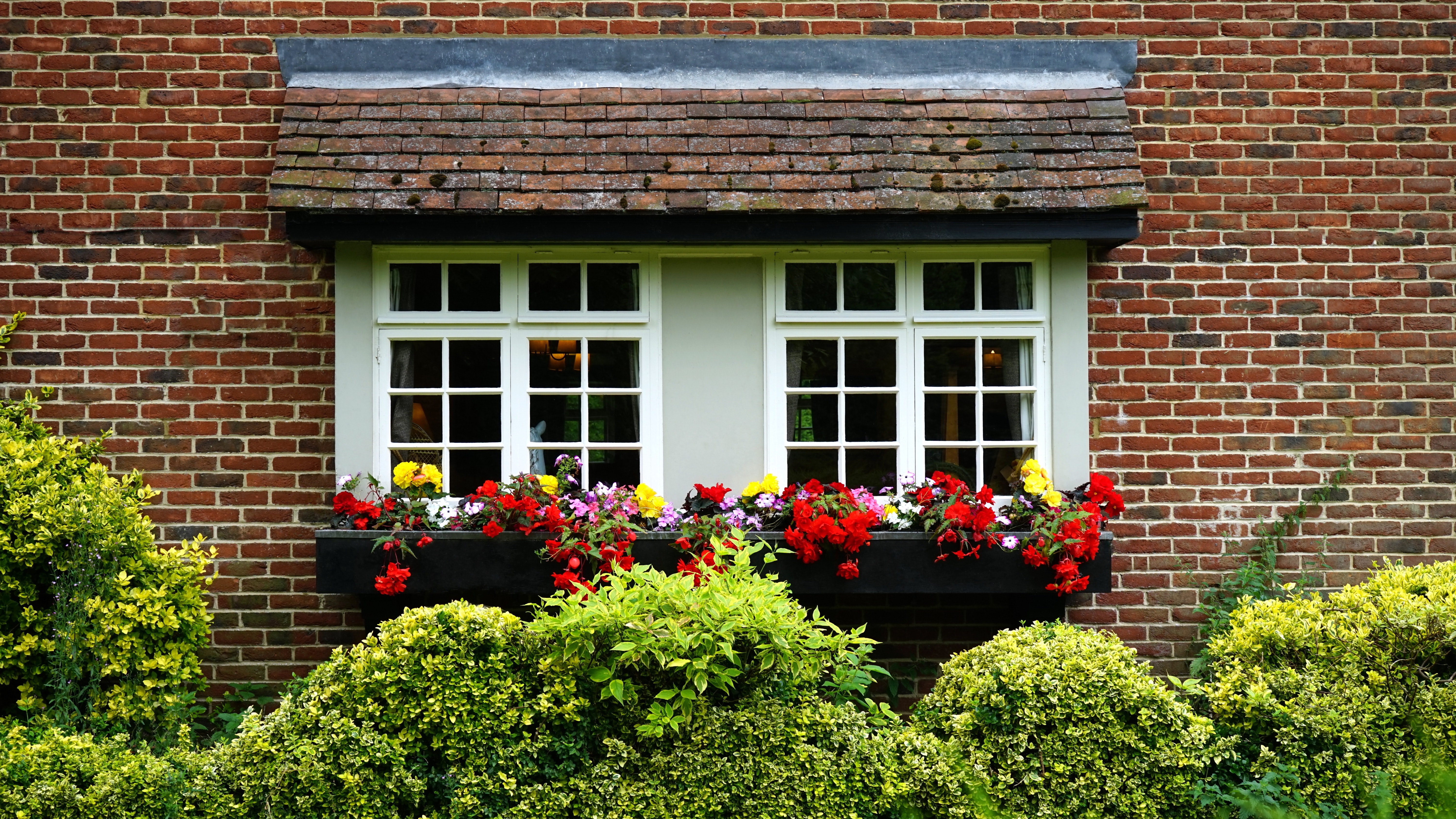Plant cover in UK front gardens has decreased by as much as 15% in the past 10 years. Yet for many, the front garden is the most accessible and the most accessed form of nature available to them, and we need more rigorous ways of valuing this.
A research collaboration between the Royal Horticultural Society, the University of Sheffield, and the University of Virginia is investigating how domestic garden landscapes influence the health and well-being of residents and the wider community.
Green spaces and wellbeing
There is a growing body of literature suggesting that green spaces and outdoor activities including walking in the countryside and bird watching may have a positive effect on stress alleviation, improved cognitive function, pain relief, improved relaxation, coping with trauma, and the alleviation of attention deficit disorder symptoms in children. However, the vast majority of evidence backing such initiatives has centred around public green spaces rather than private gardens. We don’t know what contribution gardens add to the health and well-being agenda. Is it a useful stress buster, or can gardens be a source of anxiety or concern?

In the context of the increasingly recognised impact of nature and green spaces on physical health, mental health, and community cohesion, my PhD research aims to provide a basis to value domestic gardens, particularly front gardens, in terms of their socio-cultural impacts, such as people’s engagement with nature or therapeutic benefits for mental health, stress, and well-being.
At this stage of my research, I am running a questionaire about well-being and (lack of) gardening activity. We are especially interested to hear from non-gardeners, because we aren’t simply looking for positive stories of how gardening has helped people but we also want to understand the ways in which people engage or don’t engage with their gardens and if there are any associated social benefits or disadvantages. Indeed, non-gardeners will play a key role in the research by providing a control or comparison group to the gardeners.
The social case for more green spaces and gardens
Some of the results I’ve already received indicate that people find gardening to be an activity that allows them to take their mind off things, to be creative and to express themselves and to spend time with their family. Many have expressed a unique joy in watching their own plants grow. Gardening has helped some people cope with depression, anxiety and other ailments, both physical and mental. Having said this, gardening can also be seen as a chore, a source of conflict, be too physically demanding and lead to injury.
Depending on the results, data collected through the questionnaire could be used as part of the evidence needed to bolster the social case for more green spaces and gardens, especially in cities. The results may help policy makers at local levels to make evidence-based decisions about the value of gardens in future housing developments, front garden paving regulations, but also in the medical sphere regarding social prescriptions, where a GP prescribes gardening in the same way that they currently can prescribe physical activity to a patient.

Please share your views!
By reaching out through the Network of Wellbeing in this post, I hope not only to share my project with you but also to engage with the community of well-being practitioners, advocates, and decision-makers. I’m keen to hear about your individual circumstances, gardening activity or lack thereof, your house and outside area, your community, hobbies and physical activity and your perceived stress and well-being. For the latter, I use the Warwick and Edinburgh Mental Well-being Scale and the Perceived Stress Scale, on recent feelings about the future, your stress levels, how clearly you’ve been thinking, how close you feel to other people, how relaxed and restful you’ve been feeling, your feeling of control over things that happen in your life, and your ability to handle personal problems.
